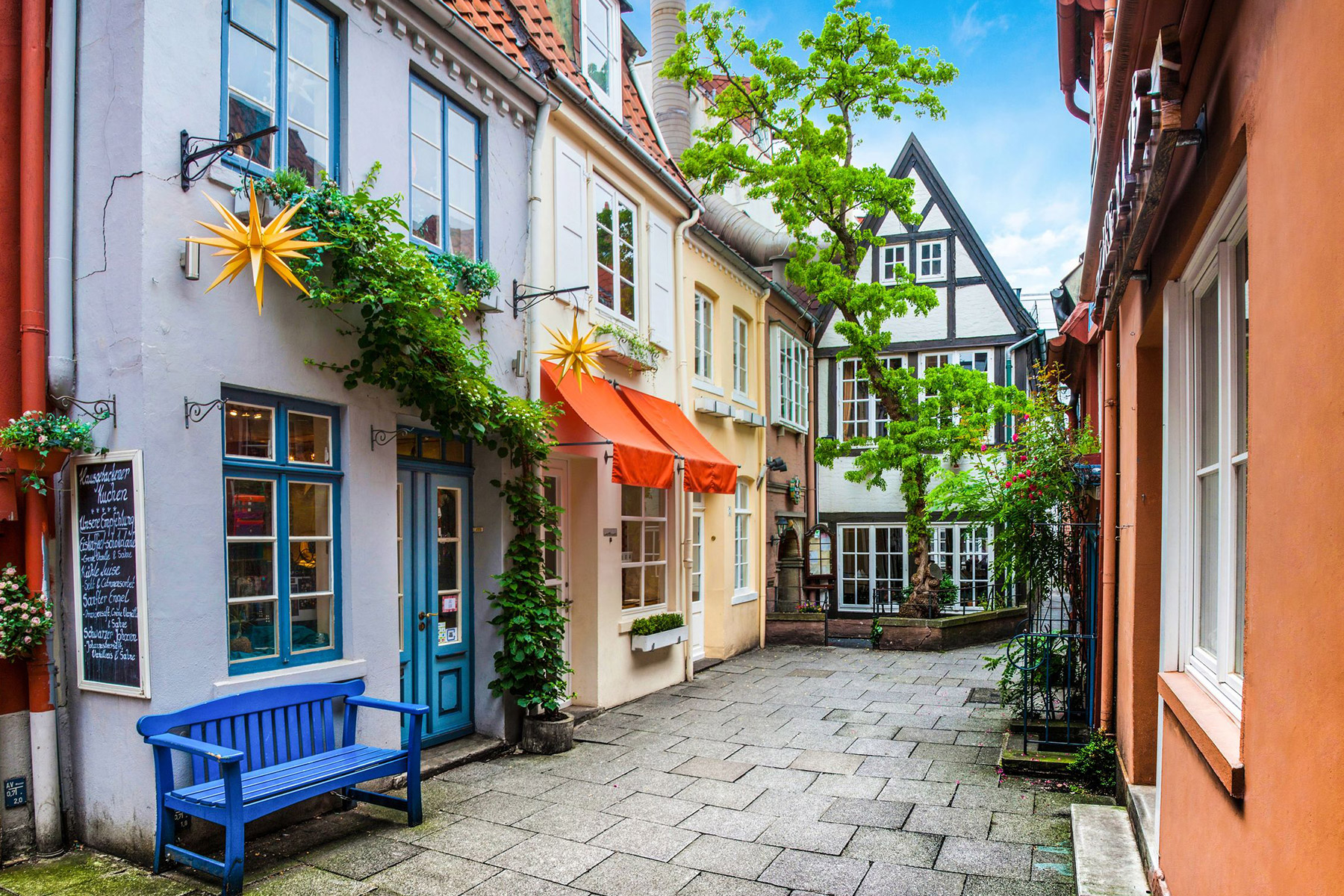When it comes to expat health insurance, Germany has various expat insurance packages from which to choose from, to protect their financial interests in the event of an unforeseen health issue. As a country known for having one of the most comprehensive healthcare systems globally, approximately 90% of Germany’s population is a member of the public health scheme, either mandatory or voluntary. Meanwhile, the other 10% of the population has private health insurance. Your employer is bound to 50% of your total statutory health insurance premium as a German employee. Moreover, with regards to expat insurance, Germany has three health insurance options to choose from. These are the government-regulated public health insurance scheme, private health insurance either from a German or an international insurance company, and a combination of the above two. This article will discuss the expat insurance options in Germany, outlining each option in some detail so that you can better understand the system and filter out the most suitable health insurance plan while living in Germany. While one cannot switch between different insurance options, each form of expat health insurance Germany provides comes with its specific benefits and drawbacks depending on your specific insurance needs.
1. Government Health Insurance (GKV)
The majority of German citizens and residents are members of the German government health insurance system. Notably, for membership in public health insurance, Germany makes it mandatory for all German employees earning a salary of fewer than 64,350 Euros a year to register for GKV. In 2021, the German government health insurance scheme charges a basic rate of 14.6% plus the possibility of an added supplemental rate of 1.3% of your yearly salary, with a cap of 4,837 Euros set as the maximum monthly income. As an employee earning at or above the stated income threshold and assuming a maximum monthly insurance premium of 770 Euros, you are a voluntary member of the public health insurance scheme. Accordingly, your monthly contribution will be 50% of the premium, while your employer will pay the other 50%. Moreover, as a voluntary member of the GKV, you have the option to opt-out only if a private health insurance company has accepted you. Notably, to opt-out of the GKV, you must provide a 2 months’ notice.2. Private Health Insurance (PKV)
Compared to the government health insurance scheme, Germany’s private health insurance schemes offer a wider choice of medical coverages. As a member of private health insurance, Germany considers you a private patient, meaning you can expect a higher level of medical service under your plan. Notably, hospitals and doctors welcome private patients because they depend on them to supplement a large portion of their incomes. There are a total of around 40 insurance companies that serve Germany’s private health insurance market, each of which has a variety of premium/benefit combinations for every kind of budget. Regarding expat health insurance, Germany’s government schemes cover both you and your non-working dependents. However, private health insurance premiums are generally for each covered individual. Moving on, if you are considering opting for expat health insurance, Germany makes this process somewhat stressful as compared to if an expat was to take on public health insurance. This is because most foreign insurance companies are not registered to do business within Germany. Moreover, even registered companies have insurance plans that don’t meet the standards set in Germany’s new insurance reforms. For example, presently, a very small number of international expat health insurers can provide their policyholders with a German language certificate that is also recognized by the German immigration authorities.3. Additional Expat Insurance Information
If your yearly salary is more than 64,350 Euros, you may choose private health insurance instead of government insurance. However, suppose you are currently in the public health insurance scheme and begin to earn more than the above-mentioned gross salary. In that case, you can either switch to expat private health insurance because you are no longer a mandatory member of the German public health scheme. Alternatively, you could become a voluntary member of the public health scheme. However, in the latter option, you will always have to pay the maximum premiums. If you wish to opt for expat private health insurance upon your arrival in Germany as a German expat, make sure to inform your company’s human resources department within 14 days of the commencement of your employment. If not, you may find yourself automatically registered in the public health insurance scheme.Final Words
When it comes to private health insurance or expat private health insurance, Germany has many options to choose from, each with a variety of premium/benefit combinations depending on your budget. As an expatriate, it may be confusing to understand the requirements, benefits, and risks concerning opting for one health insurance scheme over another. MW Expat Solution Services is here to help you understand the ins and outs of expat health insurance. Germany has one of the most comprehensive expat insurance systems, and foreign nationals often need someone to help them simplify all these complex options.Secure your future abroad with tailored insurance & pension plans
Get expert advice on the best solutions for expats – personalized to fit your unique needs. Start planning today!



 If you are not fond of drinks but want to eat something new and delicious, you can attend long live potatoes and Kale. As the name sounds, Potato is included in almost every Germans’ recipe, and they do have their ways to thank their favourite food. This festival is celebrated on the Usedom Island in September, where all dishes of Potato are served. After a few days, you will see Kale in the environment. If you plan to visit Germany, then pack your bags and do not forget to keep antacids with you because this place will give you primary food goals.
If you are not fond of drinks but want to eat something new and delicious, you can attend long live potatoes and Kale. As the name sounds, Potato is included in almost every Germans’ recipe, and they do have their ways to thank their favourite food. This festival is celebrated on the Usedom Island in September, where all dishes of Potato are served. After a few days, you will see Kale in the environment. If you plan to visit Germany, then pack your bags and do not forget to keep antacids with you because this place will give you primary food goals. German cloisters have been producing fine beer for mass consumption for ages because around the first millennium’s case, the 12 months a thousand. The beer-producing monasteries have been predominantly located in Southern Germany. Some of them are still around today, such as Kloster Andechs, St. Gallen, Weihenstephan, or Weltenburg. Drinking beer back then used to be safer than consuming water. Beer was once viewed as safe, nutritious, and caloric, even desirable for small children (and it kept them quiet, too). After the introduction of the Beer Purity Law, it has become prevalent among people.
German cloisters have been producing fine beer for mass consumption for ages because around the first millennium’s case, the 12 months a thousand. The beer-producing monasteries have been predominantly located in Southern Germany. Some of them are still around today, such as Kloster Andechs, St. Gallen, Weihenstephan, or Weltenburg. Drinking beer back then used to be safer than consuming water. Beer was once viewed as safe, nutritious, and caloric, even desirable for small children (and it kept them quiet, too). After the introduction of the Beer Purity Law, it has become prevalent among people.




